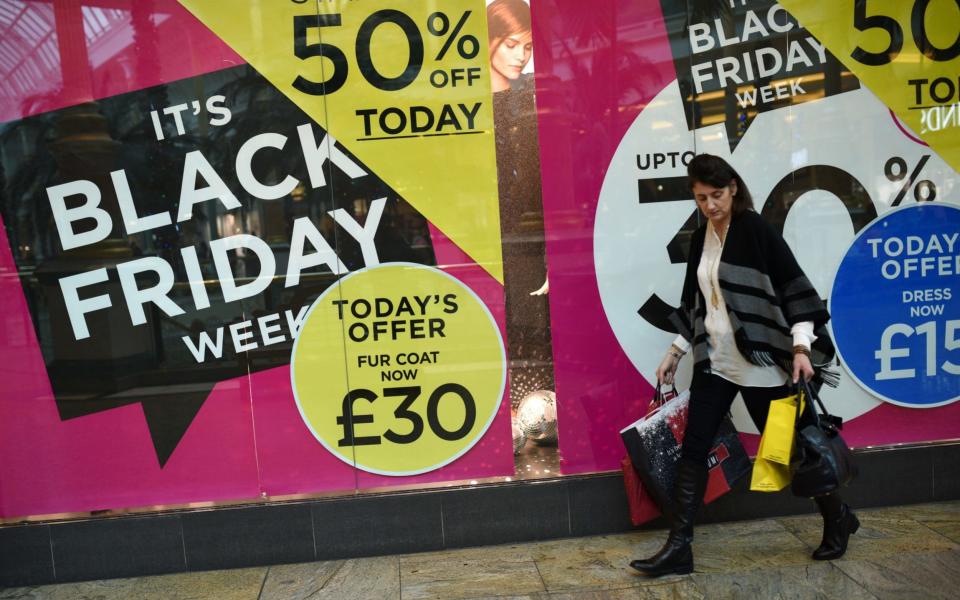Black Friday: How to avoid impulse buying when you go shopping

Black Friday is almost here, the day when retailers tempt customers to spend as much as possible. Given that most of us are watching our finances more carefully than ever, this can cause considerable anxiety. What can you do to find the best bargains while staying within your budget, and even more important, how can you avoid one of the most common mistakes – impulse buying?
What are you like?
Some of us are more vulnerable than others to making snap decisions. Impulsivity, the tendency to act without planning or considering the consequences of our actions, is a powerful and complex characteristic. It’s “moderately heritable”, according to Laura Bevilacqua at New York University, which means it’s apparent from an early age and manifests itself in most situations. Therefore, if you’re impulsive, it’s better to accept it as part of your character and use it to advantage – for example, to boost creativity – rather than to try to change or ignore it.
However, when you’re under pressure, the inclination to act first and consider the consequences later is much harder for impulsive individuals to resist than it is for others. Therefore, if you would describe yourself as “spontaneous”, “easily bored”, “unable to wait” or “easily swayed or distracted”, you’ll need to prepare carefully before you start shopping if you want to avoid regret.

Be aware of your “triggers”
Each of us has specific “triggers” – circumstances that cause emotions to flood reason – and these are the occasions when we’re most likely to buy impulsively. Before you shop, make a list of your particular triggers – tiredness, feeling depressed or guilty, knowing you’re pressed for time – and vow not to buy when you’re feeling vulnerable.
Make a plan before you start shopping
You’ll be most likely to act on impulse if you have no idea what you want to buy or how much you expect to spend. Make a list of your hoped-for purchases and allocate a maximum price to each. You may wish to do some window shopping in advance, to generate ideas. If so, do that without access to your credit card.

Beware retail atmospherics
In 1973, Philip Kotler, Professor of Marketing at Northwestern University, wrote an article in which he argued that consumers want more than simply to purchase items when they shop. They want what he called the “total product” – service, packaging, associated advertising and a great atmosphere. When creating that atmosphere, he urged retailers to address all our senses – to ensure that what we see, hear and even smell will make us want to buy. Retailers try hard to achieve this, because it works. Research has shown, for example, that we’re likely to spend more money if we like the scent in a shop, and to buy more expensive wines when listening to classical music.
Of course, a pleasant atmosphere is great, but remember not to let it distract you from sticking to your shopping list or abandoning your budget.
• Linda Blair is a clinical psychologist and author of Siblings: How to Handle Rivalry and Create Lifelong Loving Bonds. To order for £10.99, call 0844 871 1514 or visit books.telegraph.co.uk. Watch her give advice at telegraph.co.uk/wellbeing/v ideo/mind-healing

 Yahoo News
Yahoo News 